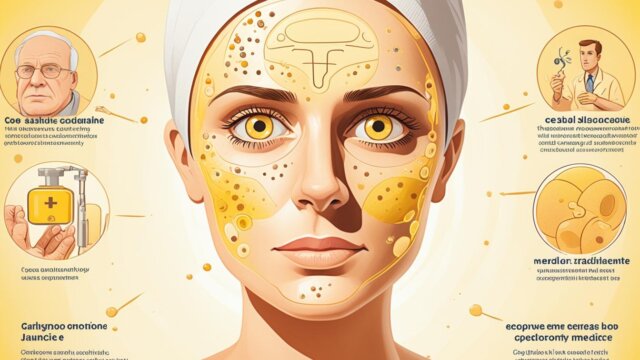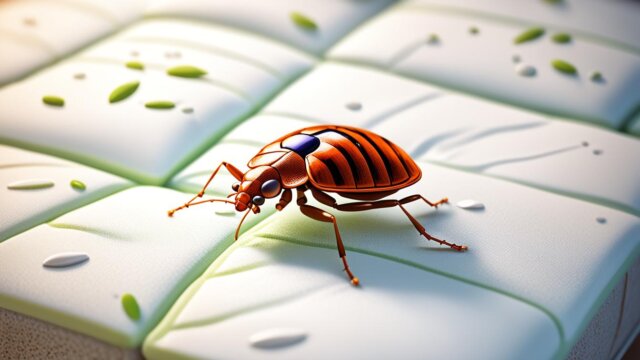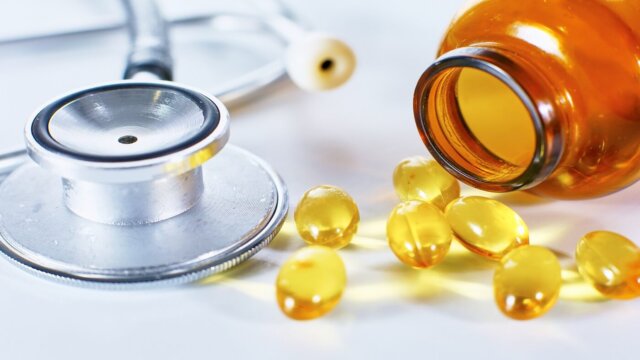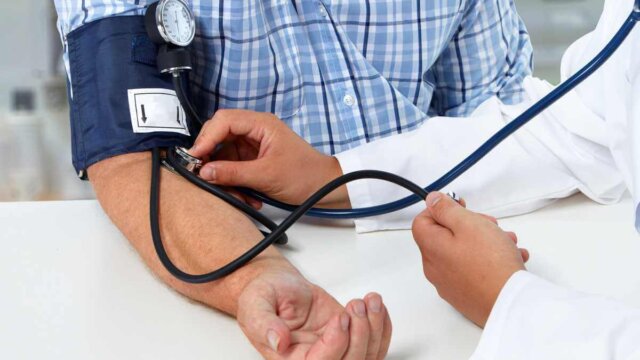FTC disclaimer: This post may contains affiliate links and we will be compensated if you click on a link and make a purchase.
High cholesterol level has not only affected the adult but also found in children in large number.
In recent years there is a dramatic increase in child obesity, and children becoming overweight at an early age is causing great concern.
High cholesterol in children has given rise to many health-related problems, especially heart disease when children get older.
Many experts have examined the associated health problems and long-term implications of children with high cholesterol levels.
Accumulating clinical evidence clearly concludes that atherosclerosis or the clogging of the arteries begins in childhood.
It is also reported that children with homozygous familial hypercholesterolemia develop heart disease in the first 10 years of life and frequently die of a heart attack before 20 years.
Therefore, if a high cholesterol level runs in the family, it is only prudent to have your kids check for high cholesterol levels.
High cholesterol level risk in children and teens
You need to understand that cholesterol is needed for your child to perform many body functions.
It helps your child protect the nervous system, build new cell tissues, and produce hormones.
But, if the cholesterol is accumulated from bad sources like processed foods, carbohydrates, and sugar, it may lead to bad cholesterol.
High cholesterol in children may damage their blood vessels by building up plaque in the blood vessel walls.
Plaque is a sticky substance that gets deposited in the blood vessel wall and can lead to high cholesterol levels.
Further, the high cholesterol in children and teens may also be subjected to high risks of getting heart disease and stroke as they get older.
It was observed that high cholesterol in children is mostly found in the following cases.
- Those children having a family background of heart disease or strokes.
- Child or teen diagnosed with diabetes.
- Child, who are overweight or obese
- Unhealthy eating habits and lifestyle of a child
- Those children who are not physically active
- The child who is exposed to second-hand smoke
What causes high cholesterol levels in children?
The primary causes of high cholesterol in children and teen are:
- Heredity – Family history of high cholesterol level
- Diet – exposure to processed food
- Obesity
- Lack of physical activity in children
In research, it was found that most kids with a family history of elevated cholesterol are more prone to get high cholesterol.
How is high cholesterol diagnosed in children and teens?
It is recommended that every child have a cholesterol check between 9 and 11 years of age.
Further, they should have a cholesterol check-in between 17 and 21 years of age.
Moreover, The National Cholesterol Education Program (NCEP) has recommended that children more than two years old can have a cholesterol test in the following condition:
- Parents having cholesterol levels higher than 240 mg/dL.
- Family history of having cardiovascular disease before the age of 55 in men and 65 in women
- Kids having medical conditions such as kidney disease, juvenile idiopathic arthritis, Kawasaki disease.
- Children who are overweight and obese
- The child having diabetes and high blood pressure.
Your doctor can ask for a blood test to check your child’s cholesterol level. It may also be advised to have a fast for 12 hours before the test.
If children were found with elevated low-density lipoprotein (LDL) cholesterol levels, they could be treated further.
According to the National Cholesterol Education Program (NCEP) guidelines, the total and LDL cholesterol ranges for kids and teens from age 2 to 18 years are:
Condition | Total Cholesterol (mg/dL) | LDL Cholesterol (mg/dL) |
|---|---|---|
Acceptable | Less than 170 | Less than 110 |
Borderline | Between 170 and 199 | Between 110 and 129 |
High | 200 or greater | 130 or greater |
Healthy cholesterol level for anyone age 19 or younger.
Type of cholesterol | Healthy level |
|---|---|
Total cholesterol | Less than 170 mg/dL |
Non-HDL | Less than 120 mg/dL |
LDL | Less than 100 mg/dL |
HDL | More than 45 mg/dL |
How are high cholesterol levels in children treated?
The best treatment of high cholesterol in children is the lifestyle changes such as diet and exercise program.
Reduce the intake of processed food
Stop buying convenience foods and stock up on fresh items like vegetables and fruits.
The most common convenience foods are candy, beverages, soft drinks, processed meat and cheeses, and canned products.
Prepare a yogurt dip to make eating fruits or raw vegetables fun for kids.
Cut out sodas and sugary juice drinks. Limit children to a glass of orange juice each day.
Have the kids carry a bottle of water with them at all times. It is a handy and healthy alternative to quench thirst.
You can read our complete guide on the most harmful food additives and preservatives to avoid.
Limit the intake of saturated fat and total fat
Diet provides calories and nutrients to children that support normal growth and development.
According to research studies, children with high cholesterol should limit saturated fat and total fat intake. It is recommended that it should not be more than 10 and 30 percent of total calories.
Also, there should be a limitation of cholesterol intake to no more than 100mg and a max of 300 mg per 1000 kcal per day.
Exercise regularly
Parents should involve their kids with high cholesterol in regular aerobic exercise.
The most common aerobic exercise include biking, running, walking, and swimming.
Regular exercise in children helps them to lower their LDL cholesterol and prevent any risk of cardiovascular disease.
The bottom line
If diet and exercise don’t help your kids improve cholesterol levels, you need to consult your doctor.
Moreover, regular screening tests and monitoring after dietary changes or medications are recommended by health professionals.








